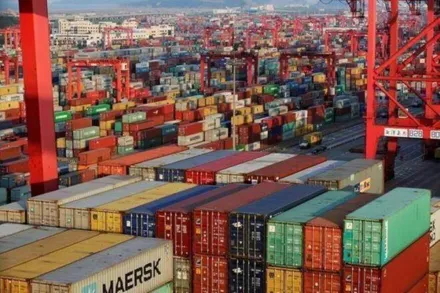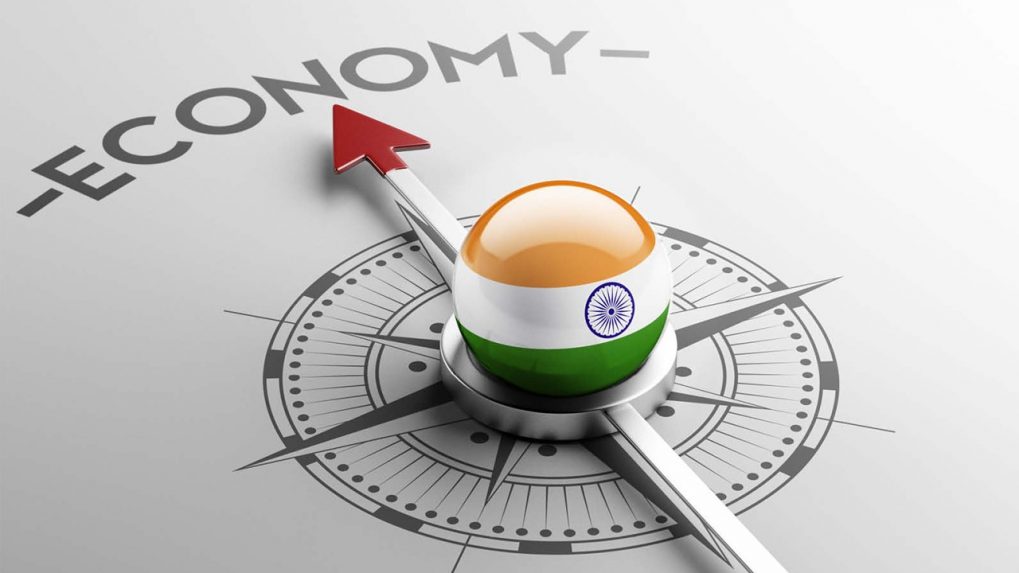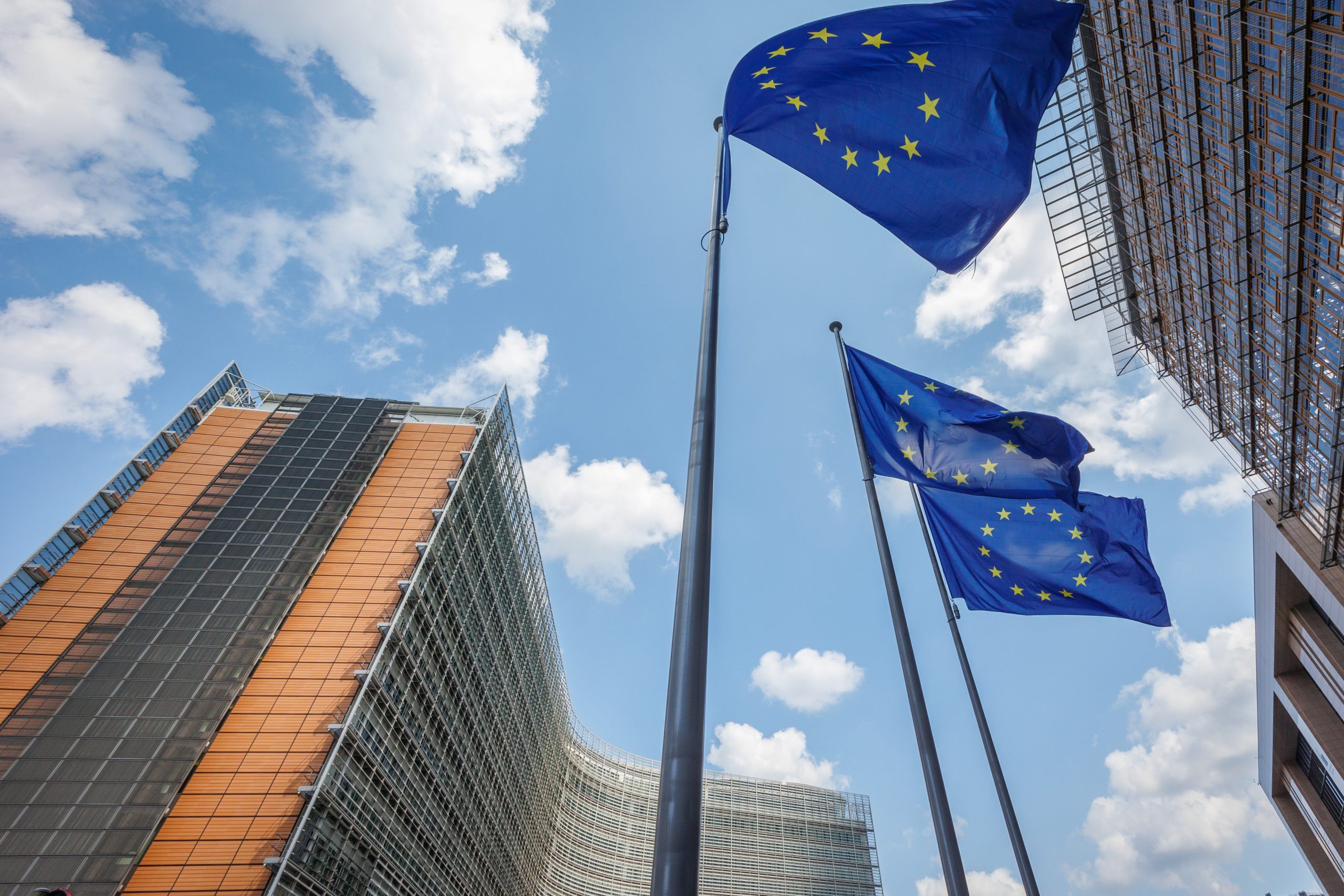- Courses
- GS Full Course 1 Year
- GS Full Course 2 Year
- GS Full Course 3 Year
- GS Full Course Till Selection
- Answer Alpha: Mains 2025 Mentorship
- MEP (Mains Enrichment Programme) Data, Facts
- Essay Target – 150+ Marks
- Online Program
- GS Recorded Course
- Polity
- Geography
- Economy
- Ancient, Medieval and Art & Culture AMAC
- Modern India, Post Independence & World History
- Environment
- Governance
- Science & Technology
- International Relations and Internal Security
- Disaster Management
- Ethics
- NCERT Current Affairs
- Indian Society and Social Issue
- NCERT- Science and Technology
- NCERT - Geography
- NCERT - Ancient History
- NCERT- World History
- NCERT Modern History
- CSAT
- 5 LAYERED ARJUNA Mentorship
- Public Administration Optional
- ABOUT US
- OUR TOPPERS
- TEST SERIES
- FREE STUDY MATERIAL
- VIDEOS
- CONTACT US
Importance of the Indo-Pacific Region
Importance of the Indo-Pacific Region
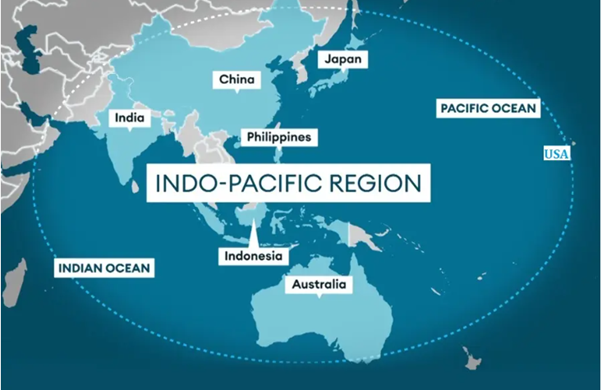
Latest Context:
Recently, the leader of Vietnam's Communist Party and the President of the United States met in Vietnam during the President's visit. This meeting marks a new chapter in how these two countries work together. They decided to strengthen their partnership, moving from a basic one to a more comprehensive and strategic relationship.
History of the US-Vietnam Relationship:
- The history between the United States and Vietnam is complicated because of the Vietnam War, which happened from 1955 to 1975. It was a conflict during the Cold War when North Vietnam, helped by the Soviet Union and China, wanted to unite with South Vietnam, supported by the United States and its allies.
- The war caused a lot of loss of life and damage in Vietnam and had a big impact on the United States.
- In 1975, the war ended, and Vietnam became a single country controlled by the communist government.
- Back in 1995, the United States started having normal diplomatic relations with Vietnam, and since then, they've been doing more business together and encouraging more people-to-people connections.
- Today, they're focusing on trade, working together on security, and dealing with common issues in the region.
What is the Indo-Pacific?
- The Indo-Pacific is a term used to describe a vast geographical region that encompasses the Indian Ocean and the western and central Pacific Ocean.
- It is significant due to its economic importance, as it includes major trade routes, busy ports, and many of the world's most populous countries, making it a focal point in global geopolitics and international relations.
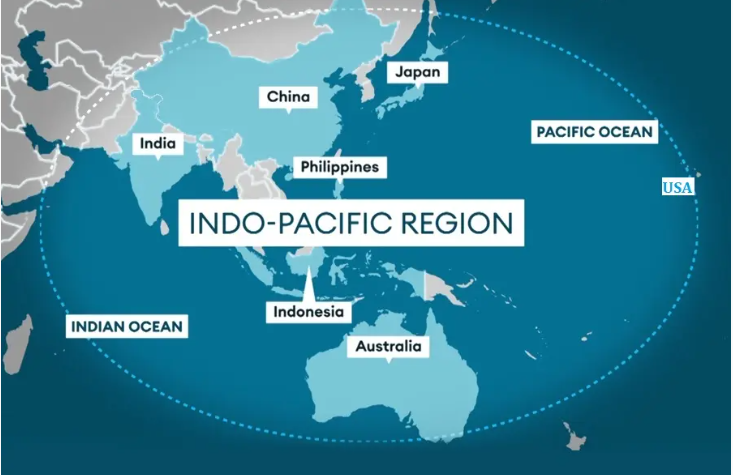
Why is the Indo-Pacific Significant?
- Big Area: It covers four continents: Asia, Africa, Australia, and America. Lots of people live here, and it's a major centre for the world economy, responsible for about two-thirds of the world's economic output.
- India's View: India, along with the US, Australia, Japan, and Indonesia, wants to be present in the South China Sea and East China Sea to balance China. However, India also wants to work together with other countries to create a peaceful and secure region with common rules for everyone.
- Trade and Investment: India wants to have fair and stable trade and investment in the Indo-Pacific, just like it does in the Regional Comprehensive Economic Partnership (RCEP).
- Maritime Safety: Keeping the sea routes safe for trade is very important here. Issues like piracy, territorial disputes, and the need to protect sea lanes are top priorities.
- Regional Organizations: Different groups and forums, such as ASEAN, QUAD, and the Indian Ocean Rim Association (IORA), work on solving regional problems, promoting economic cooperation, and improving security.
- Infrastructure and Connectivity: There's a lot of focus on building things like roads, railways, and ports to help countries connect and do more business together. Projects like China's Belt and Road Initiative and the U.S. "Free and Open Indo-Pacific" strategy aim to shape the area's economy and politics.
- Environment Matters: The Indo-Pacific is home to diverse ecosystems like coral reefs and marine life. Issues like climate change, plastic pollution, and overfishing are a big deal because they affect not only this region but the whole world.
- ASEAN Countries: India wants ASEAN (Association of Southeast Asian Nations) to stay united, unlike China, which tries to divide ASEAN members. ASEAN wants to cooperate with China and not just follow the US version of the Indo-Pacific.
- Geopolitical Importance: The Indo-Pacific has some of the world's most populous and economically powerful countries, including India, China, Japan, Australia, and Indonesia. This makes it a central place in global politics.
- Economic Hub: It's a major driver of the world economy with crucial maritime trade routes, like the Strait of Malacca, and many of the world's busiest ports that help trade between Asia, Europe, and Africa.
- Security and Strategy: There's increasing competition among big powers like the United States, China, India, and Russia in the Indo-Pacific. There are also nuclear-armed countries and unresolved disputes, like in the South China Sea.
- Balancing China: Many countries here want to balance China's growing influence and make sure they are safe. They do this by forming partnerships with other like-minded nations.
Question: Why is the Indo-Pacific region considered significant in global geopolitics and international relations?
A) Because it is the largest continent in terms of landmass.
B) Due to its role as a major hub for the world economy and trade.
C) Because it is home to the largest population in the world.
D) Primarily because of its historical significance in ancient civilizations.
Answer Choices:
A) A and B
B) B and C
C) B and D
D) A and C
Correct Answer: B) B and C
Explanation: The Indo-Pacific region is considered significant due to its role as a major hub for the world economy and trade (option B) and because it is home to some of the world's most populous countries (option C). These factors make it central in global geopolitics and international relations.

